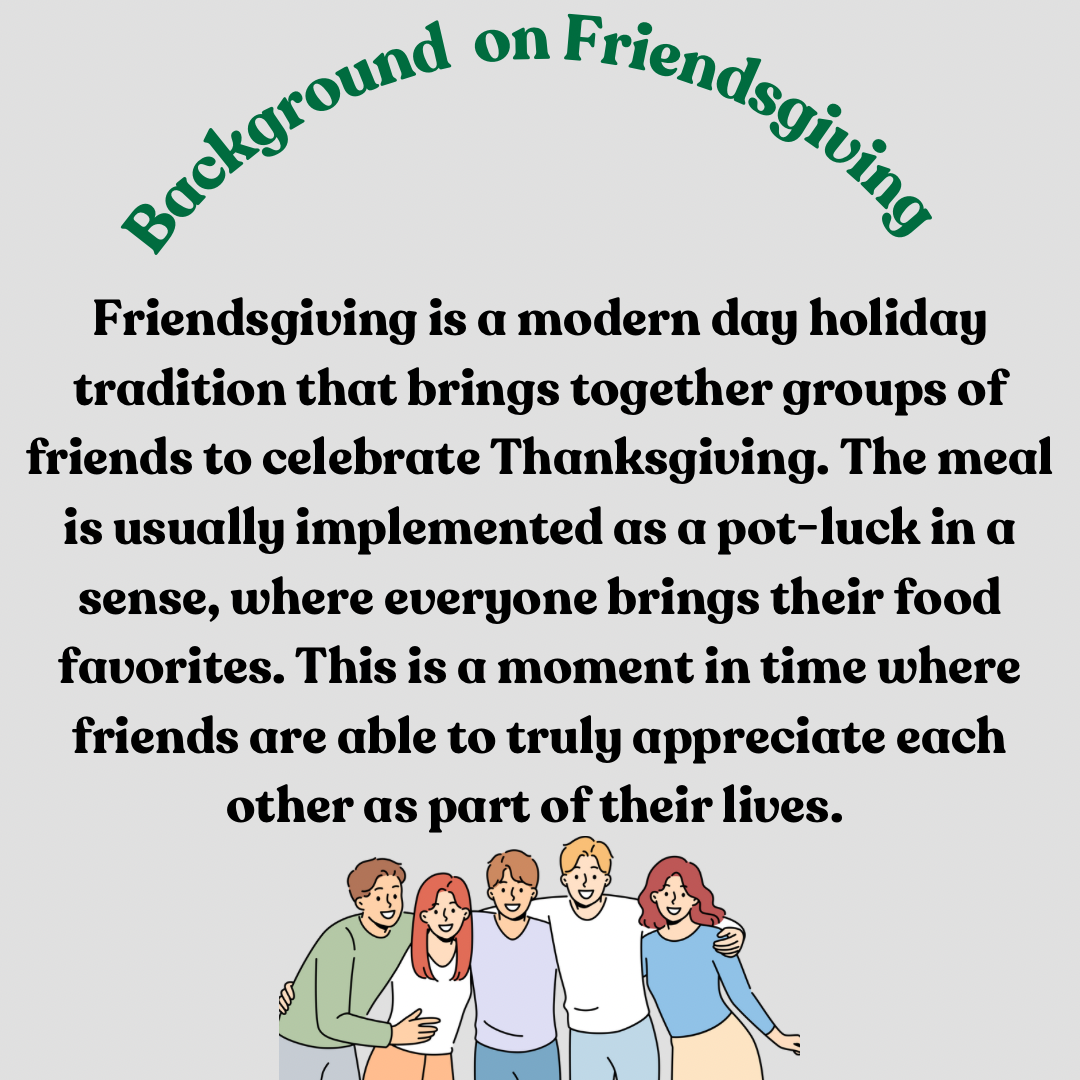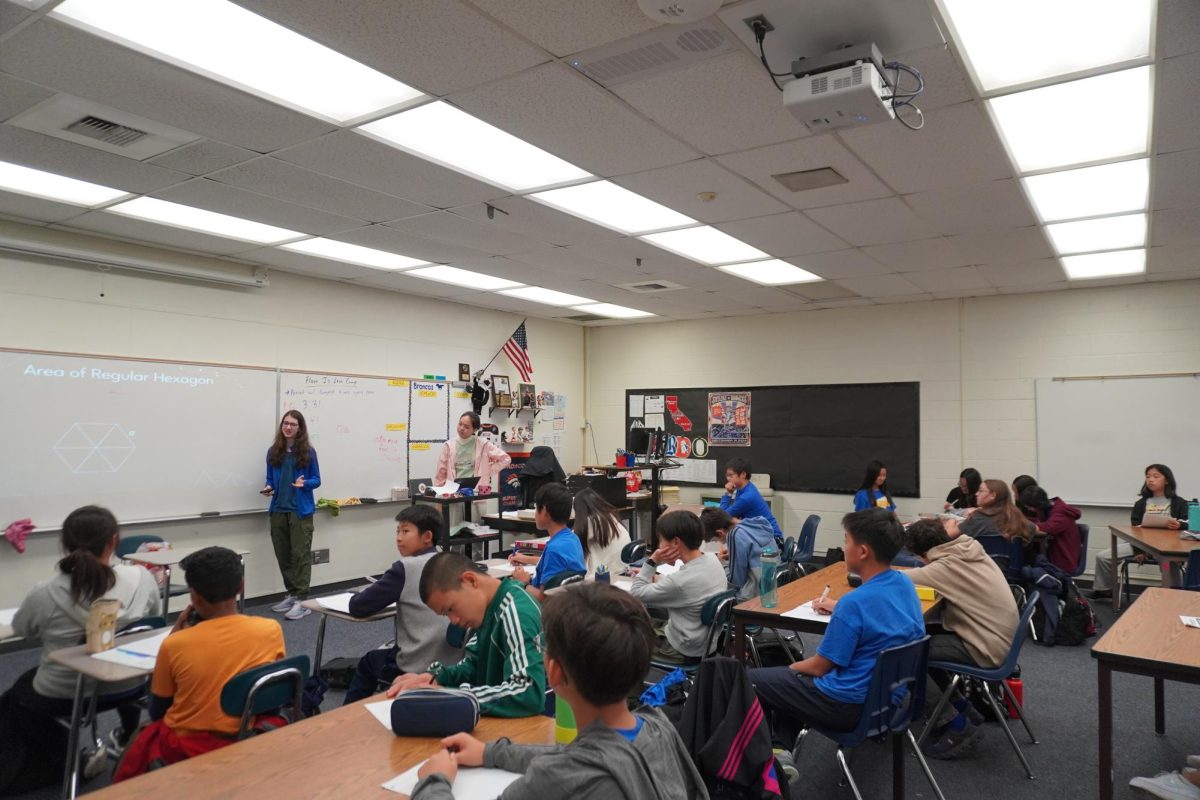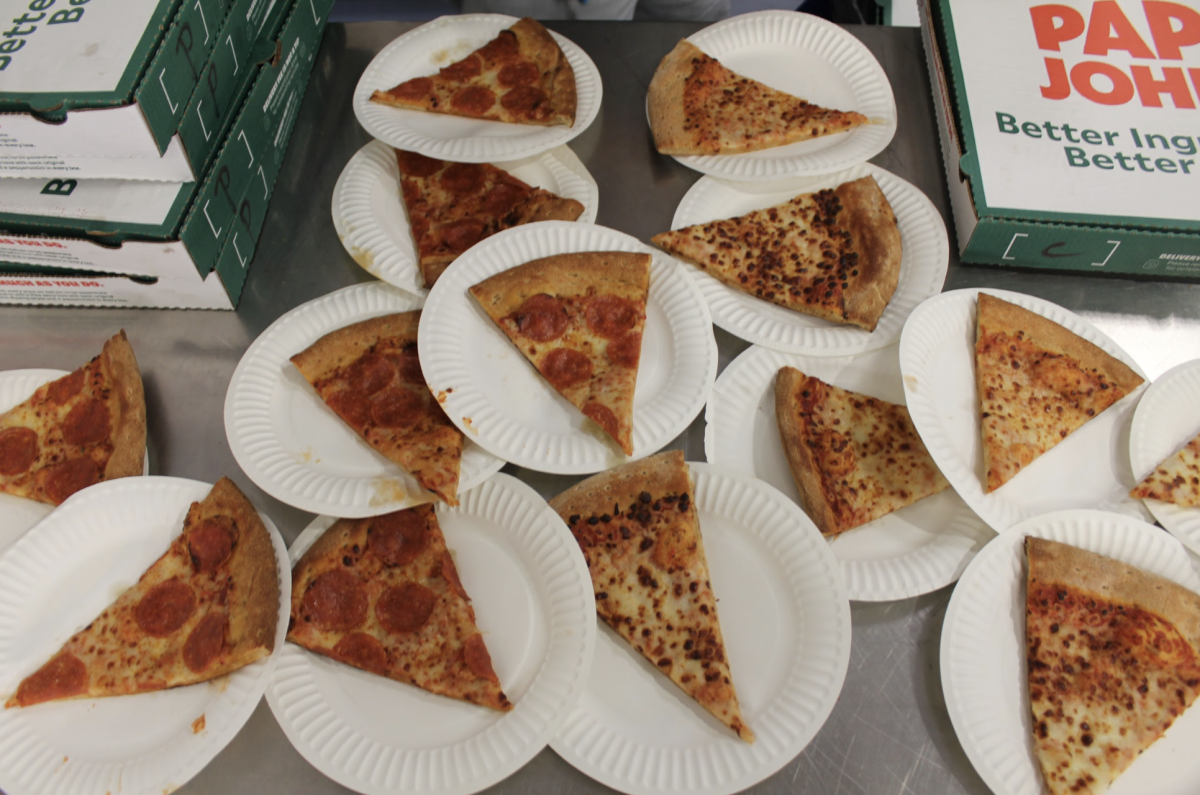By CHRIS CHAE & KRISHNA KHAWANI
Staff Writers
“I am invisible, understand, simply because people refuse to see me.”
– H.G. Wells, The Invisible Man
There are people at this school, a certain community in fact, that are often not seen, their efforts overlooked. They’re in the 1000’s building doing their own chores, they’re in the library helping out Mr. Frat, and most noticeably, they’re in your classrooms doing your recycling. We’re talking about the UHS Special Education Program and their vocational jobs.
The Special Education Vocational Training Program is mainly run by Mr. Ryan Leal, an Educational Specialist for the Moderate to Severe. As part of this program, Mr. Leal makes sure to expose these students to as much of the real world as possible, whether it be through jobs in the classroom and around campus or on off-campus excursions.
“For some of our students, we focus on a functional skills curriculum to enable them to interact in their communities and achieve independence, even if it means they don’t go through the traditional college experience,” Mr. Leal said.
Instead of following suit like the rest of the UHS population, these students take part in a transitional program that seeks to teach independence and functional skills. The program mainly focuses on ways that it can help its students thrive in the real world, teaching a variety of skills ranging from hygiene care to gardening instruction to cooking their own meals. Even these vocational duties are set up to mimic a real job, requiring students to clock in and out, and use a rotational system to expose students to new skills. By having daily tasks to complete, each student is taught responsibility and other core values.
The Recycling Program is one of the more public responsibilities that the Special Education class takes on. The students are in the Office and Libraries on Mondays during 4th period, 700/200 buildings on Tuesday during 4th period, 500/900/1000 buildings on Wednesdays during 3rd period, and the 300/400 buildings on Friday during 3rd period. They take your blue recycling bins and empty them out into a big pile to be sent to recycling centers later. If you notice them, while you are free to give a greeting or maybe even a high five, do not help them. They are fully capable students who take great pride in their ability to work for themselves. This vocational training is meant to encourage and practice independence and responsibility, and to take away from that would be an insult. The work that the students put into the recycling is all recycled back into their own benefits. Not only do they learn valuable life skills, but whatever money gained from recycling goes back into financing their Prom.
“The Prom is a very special event for the kids and we really go all out,” Mr. Leal said.
From a fancy dinner to limousine transportation and a very fun dance to top it all off, the Prom is a big event for the special education students. Through Prom, the special education students can see the fruits of their own work. While this event is very special, Mr. Leal and other instructors often have to pay money out of their own pockets to fund it. However, last year, Señora Fox and Mrs. Bunch were instrumental in raising funds for the program. ASB, along with school administration, has been very supportive of the program and has allowed it to continue helping students.
In addition to basic classroom and personal responsibilities, the program allows students to experience life through off-campus excursions. These excursions teach valuable lessons, allowing students to become more independent as they grow older.
“When we go off campus, it helps the students become familiar with their surroundings, and teaches them how to navigate the world,” Mr. Leal said. “The lessons could be as simple as crossing the street, remembering bus routes, or how to manage money wisely, but every one of them prepares these kids for the future.”
These students live in our community and school, and their efforts deserve to be noticed. If you see these students who work not only for themselves but also for the community, acknowledge them. The special education vocational training program is one of positivity that can teach a lesson to everyone. For the special education students, they learn independence and functional jobs while helping the community around them. For the students watching, they learn a lesson in humility and gratitude. And that’s what education is all about: learning.








